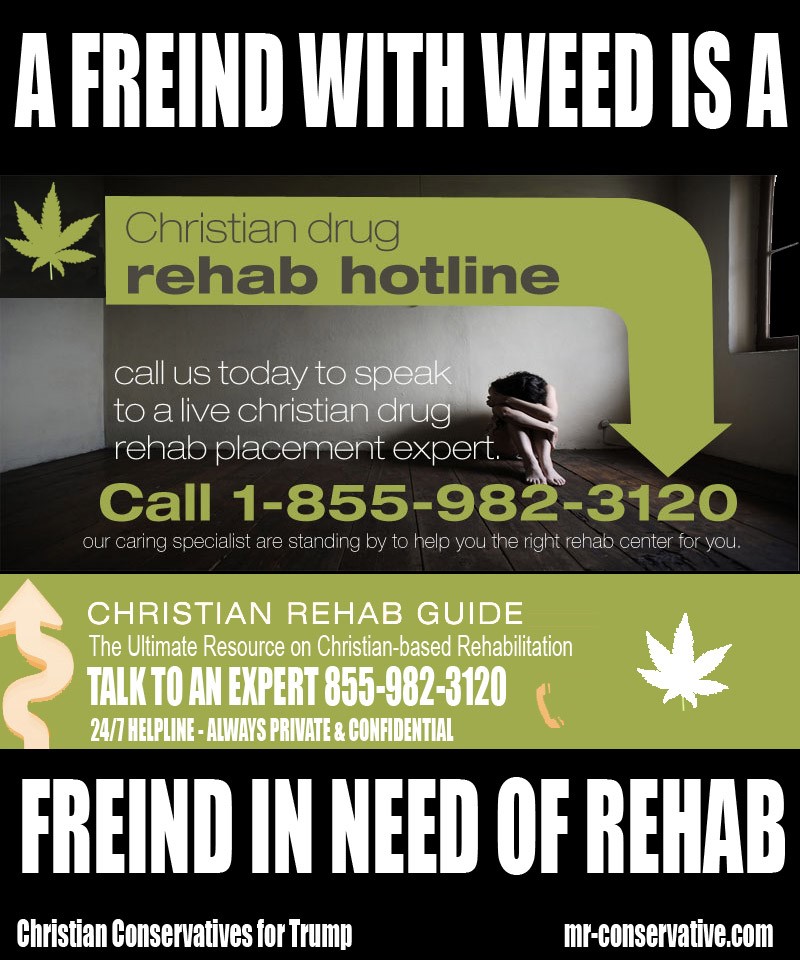Methylphenidate Rehab Facility Harpers Ferry IA
Home
Methylphenidate Rehab Facility Harpers Ferry IA
Methylphenidate Rehab Facility Harpers Ferry IA
From youth drug experimentation and years-long addictions among adults to those whose drug use ends in fatalities, statistics on drug use can be surprising. Specific plans may have different coverage levels, so it’s a good idea to check the specific policy or talk to the insurance provider.
Most treatments will include individual and group counseling as well. The National Poison Control Center is a confidential, national resource that can assist with alcohol or drug overdose situations. Yet it does work.” Why is spiritual healing effective?
More Resources For Detox Centre

Even more Information About Methamphetamine Addiction Center Harpers Ferry IA
For some people, having this as their first choice means a faster opportunity for healing. People convicted of minor drug offenses may be sentenced to rehabilitation instead of prison, and those convicted of driving while intoxicated are sometimes required to attend Alcoholics Anonymous meetings. It can be done on an individual basis, but it's more common to find it in a group setting and can include crisis counseling, weekly or daily counseling, and drop-in counseling supports.
Here are Some Even more Resources on Damason-p Rehab Treatment Clinic
Staying connected to aftercare Christian recovery groups can be a critical component that is not to be taken lightly. We have found that people can thrive in a Christian outpatient treatment program if they have the proper motivation. From meditative walks on the beach to hundreds of available 12 step meetings daily, Orange County has long been considered the best recovery community in the United States.Free Illinois Drug Rehab Centerilitation information and locator services: When looking for a Drug Rehab Center facility in Illinois, there are a few things that need to be taken into account.
Here are Some More Details on Damason-p Rehab Treatment Clinic Harpers Ferry IA
For legal drugs such as alcohol, complete abstention—rather than attempts at moderation, which may lead to relapse—is also emphasized ("One is too many, and a thousand is never enough.") Whether moderation is achievable by those with a history of abuse remains a controversial point, but is generally considered unsustainable.[2] Types of treatment[edit] The brain’s chemical structure is impacted by drugs of abuse and these changes are present long after an individual stops using, This change in brain structure increases risk for relapse, making treatment an important part of the rehabilitation process.[3] Various types of programs offer help in drug rehabilitation, including: residential treatment (in-patient/ out-patient), local support groups, extended care centers, recovery or sober houses, addiction counselling, mental health, and medical care. You may be wondering how to go about doing an intervention, perhaps—and if that is even a good idea or not. Naltrexone cuts relapse risk during the first 3 months by about 36%.[9] However, it is far less effective in helping patients maintain abstinence or retaining them in the drug-treatment system (retention rates average 12% at 90 days for naltrexone, average 57% at 90 days for buprenorphine, average 61% at 90 days for methadone).[9] Ibogaine is a hallucinogenic drug promoted by certain fringe groups to interrupt both physical dependence and psychological craving to a broad range or drugs including narcotics, stimulants, alcohol and nicotine. Emotional tendencies in times of grief make it difficult to find sight toward a future where happiness exists. If you need detoxification, you may receive medically supervised detoxification services. Chances are very strong they will survive the experience, even if you leave them there for quite a long time, and the reality of spending days or even weeks in jail may be just the hard slap they need. There can be other factors that have lead the addiction to take hold of our being such as physical pain and the impending withdrawal symptoms that manifest once we try and stop the drugs or alcohol on our own. This helps a patient to actively participate in treatment programs. Behavioural addictions have the same effect, this is why eating disorders such as anorexia and bulimia are treated in the same way addiction is. Take a glimpse into the world most sullied by addiction, the world of the Hollywood elite, and listen to the words of those who have been taken for a ride through hell on the drug train. Cognitive therapy[edit] An additional cognitively-based model of substance abuse recovery has been offered by Aaron Beck, the father of cognitive therapy and championed in his 1993 book Cognitive Therapy of Substance Abuse.[35] This therapy rests upon the assumption addicted individuals possess core beliefs, often not accessible to immediate consciousness (unless the patient is also depressed). Cognitive behavioral therapy, experiential therapy and multi-systemic groups are the arrows in our quiver.
Click Here for More Information
Previous Next
You may also like:
Luminal Addiction Rehab Facilities Madison GA
Suboxone Rehab Treatment Programs Parkman WY
Mescaline Rehab Facility Near Me Bamberg SC
Marijuana Abuse Clinic Kingston MO
Metadate Addiction Treatment Programs Florence MT
Chlordiazepoxide Abuse Clinic Osceola NE
Addiction Recovery Bible Verses Greig NY
Robitussin Addiction Rehab Facility Golden TX
Nembutal Rehab Treatment Programs Rupert GA
Fioricet Abuse Treatment Centers Stoutsville OH
Roxiprin Abuse Treatment Program Ocean Park ME
Lorcet Detox Centers Claysville PA
Antabuse Rehab Treatment Clinics Saint Ansgar IA
Spice Detox Clinic Phillipsport NY
Dextrostat Addiction Rehab Centers Audubon IA
Reasons For Addiction Rock Falls WI
Secobarbital Rehab Treatment Clinic Browns Valley CA
Hydrococet Addiction Facility Six Lakes MI
Oxycodone Abuse Treatment Clinics Rewey WI
Phenobarbital Addiction Program Saxe VA